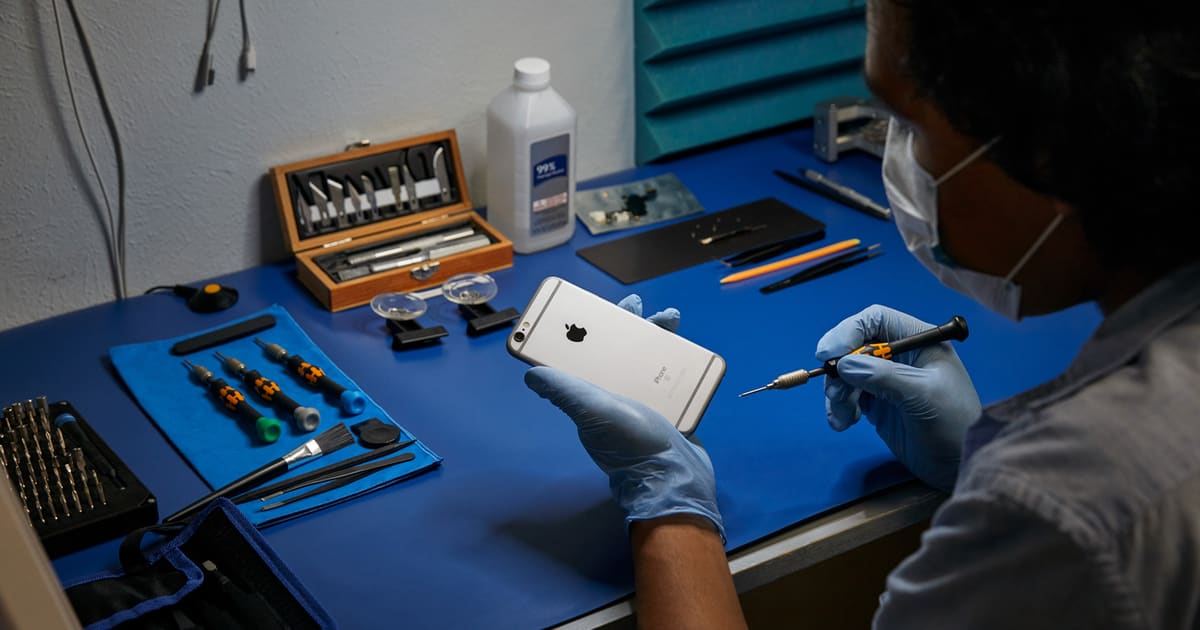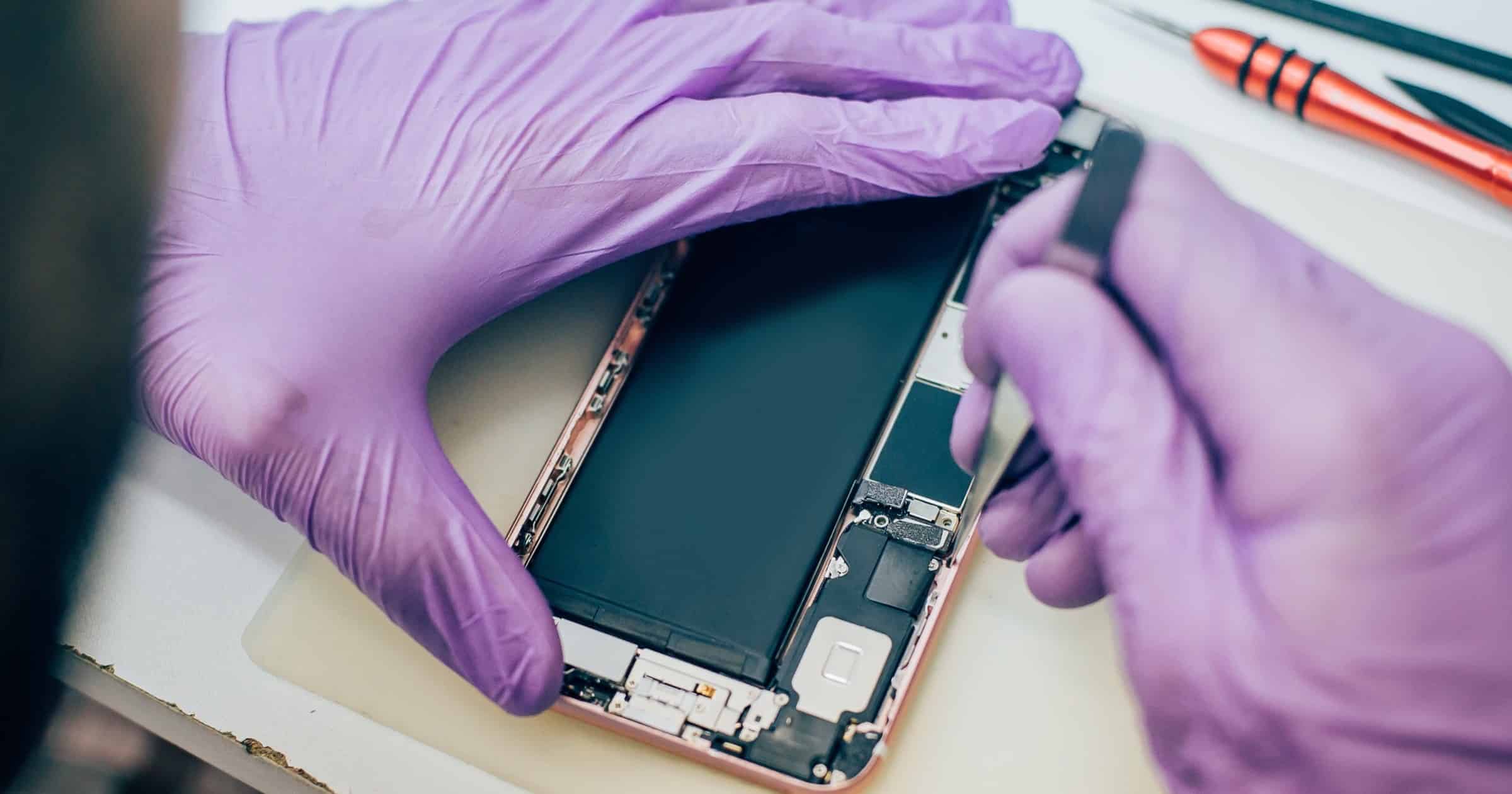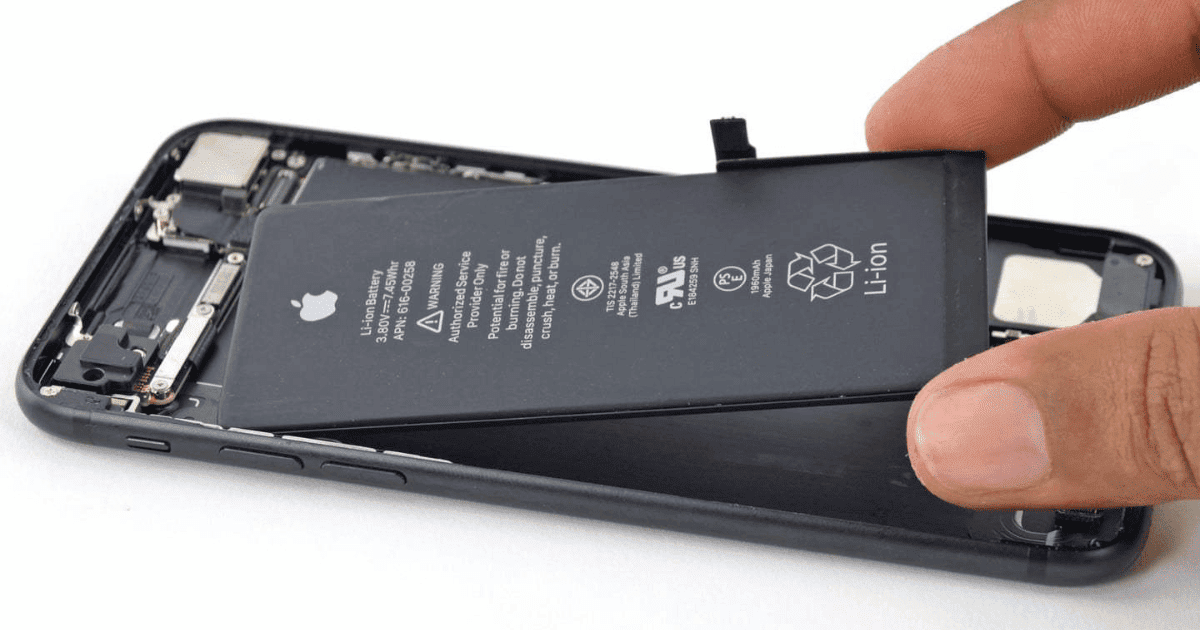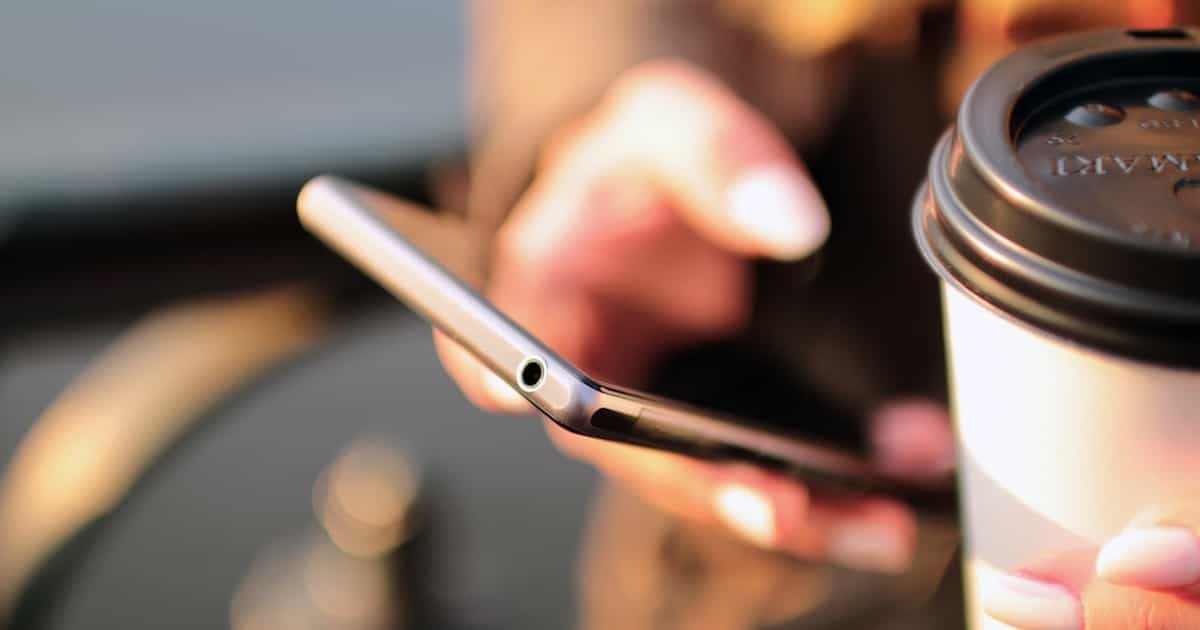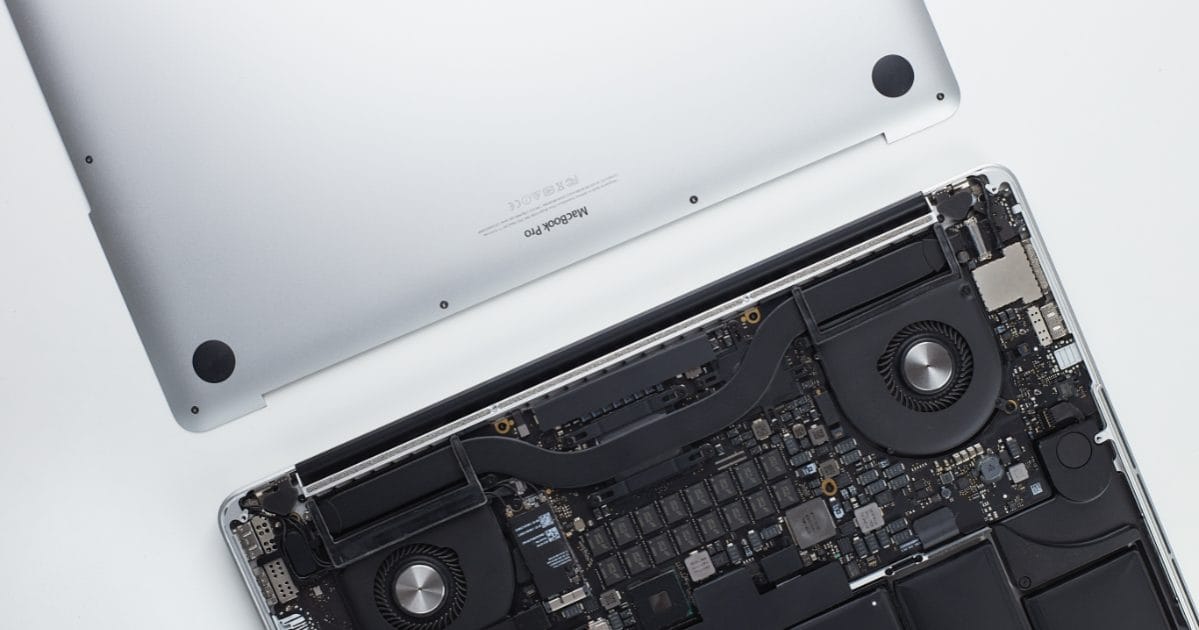National right to repair legislation was introduced in the House of Representatives on Thursday. It could compel firms to provide repair details and resources to both users and third-party technicians, AppleInsider reported.
Rep. Joe Morelle (D-NY) on Thursday introduced the Fair Repair Act, which requires device manufacturers to provide diagnostic and repair information, parts, and tools to third-party repair shops “in a timely manner and on fair and reasonable terms.” Additionally, the bill would allow the Federal Trade Commission and state attorneys general to carry out enforcement by penalizing violators. The goal, according to Rep. Morelle’s office, is to empower small businesses and consumers to be self-reliant in the ability to fix their own devices without needing to go through official manufacturer or authorized repair channels.

